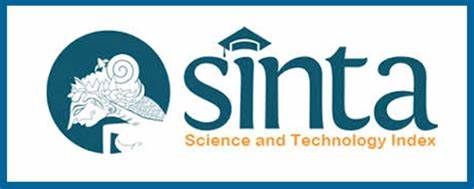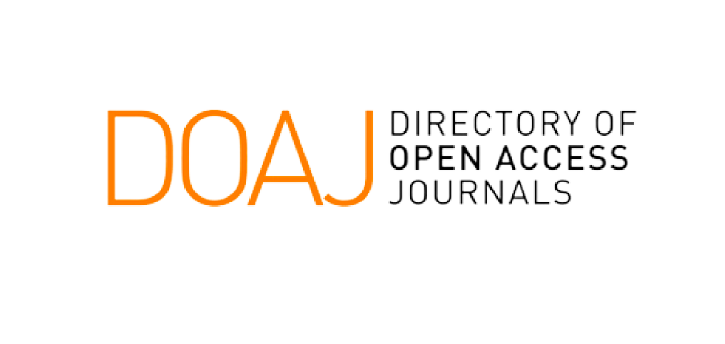POLITIK PEMAKNAAN ATAS PANCASILA PADA ERA PASCAREFORMASI
Abstract
This paper discusses about the political meaning over Pancasila which developed in the era of post-reformation. Political meaning addresses two fundamental aspects, namely the legitimacy of power and the legitimacy of values for the political language used by politicians and society. Political meaning is formed by social and reality of politic that develops according to the context of society. The dynamics of social and political life that took place in post-reformation in Indonesia, are interesting to observe and study in the aspects of phenomenology, in particularly, the meaning of the Pancasila ideology. Pancasila, as the object of in this study, has the various existing literature and give the various understandings and interpretations of Pancasila carried out by academics. Pancasila in the aspect of the scope of language is categorized as a variety of political languages. The paper analyzed by phenomenological analysis method. The results of this study indicate that the Political meaning about Pancasila in the post-reform era was dominated by politicians who legitimized the meaning of Pancasila in various forms of meaning. The politicization process of Pancasila is included in the political, social, religious and cultural spheres.
Keywords
Full Text:
PDFReferences
Buku
Fachrudin, Anwar, Aziz. (2018). “Polemik Tafsir Pancasila”, dalam Laporan Kehidupan Beragama di Indonesia, Edisi III/Januari 2018. Yogyakarta: CRCS UGM. hal.1-26.
Koentjaraningrat. (1988). The Indonesian Mentality and Development Source: Sojourn: Journal of Social Issues in Southeast Asia, Vol. 3, No. 2 (AUGUST 1988), pp. 107-133 Published by: ISEAS - Yusof Ishak Institute Stable URL: https://www.jstor.org/stable/41057106. Accessed: 20-09-2018 10:46.
Rothbard, Murray N. (2018). Anatomi Negara. Judul Asli: Anatomy of the State, penerjemah R.A Husein. Jawa Tengah: Parabel.
Saidi, Anas. (2016). “Anak-Anak Muda Indonesia Makin Radikal”, sumber: http://lipi.go.id/berita/single/Anak-anak-muda-Indonesia-makin-radikal/15089, diakses 7 Oktber 2018, 12:21.
Suyitno,Amin., Gultom, R.M.S. (1981). Memahami Pancasila dan P4. Semarang: Satya Wacana.
Peraturan Perundang-Undangan
Undang-Undang Nomor 20 Tahun 2003 tentang Sistem Pendidikan Nasional.
Peraturan Presuden Nomor 54 Tahun 2017 tentang Unit Kerja Presiden Pembinaan Ideologi Pancasila.
Peraturan Presiden Nomor 7 Tahun 2018 tentang Badan Pembinaan Ideologi Pancasila.
https://mkri.id/index.php?page=web.RekapPUU &menu=5, diakses 7 Oktober 2018, 17:47.
http://lipi.go.id/berita/single/Anak-anak-muda-Indonesia-makin-radikal/15089, diakses 7 Oktober 2018 12:17.
DOI: https://doi.org/10.21776/ub.waskita:jurnalpendidikannilaidanpembangunankarakter.2018.002.02.2
Refbacks
- There are currently no refbacks.
Copyright (c) 2019 Hastangka Hastangka

This work is licensed under a Creative Commons Attribution 4.0 International License.









